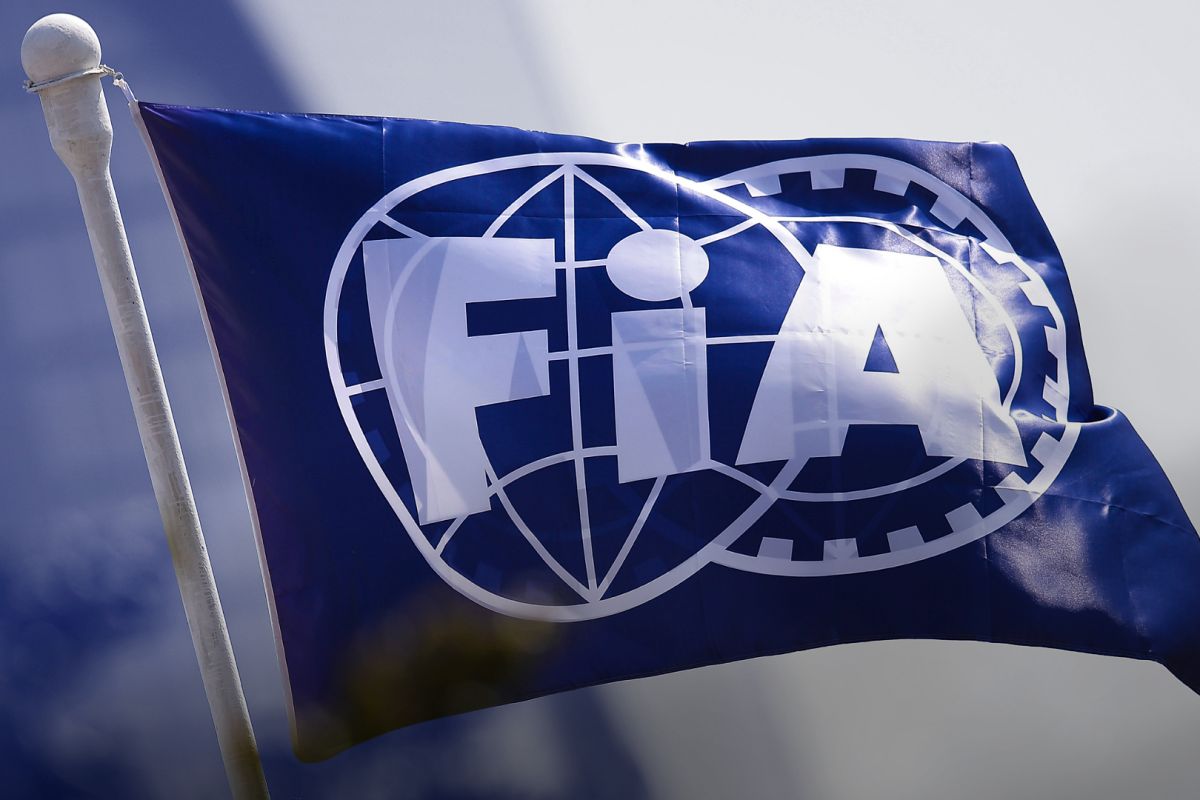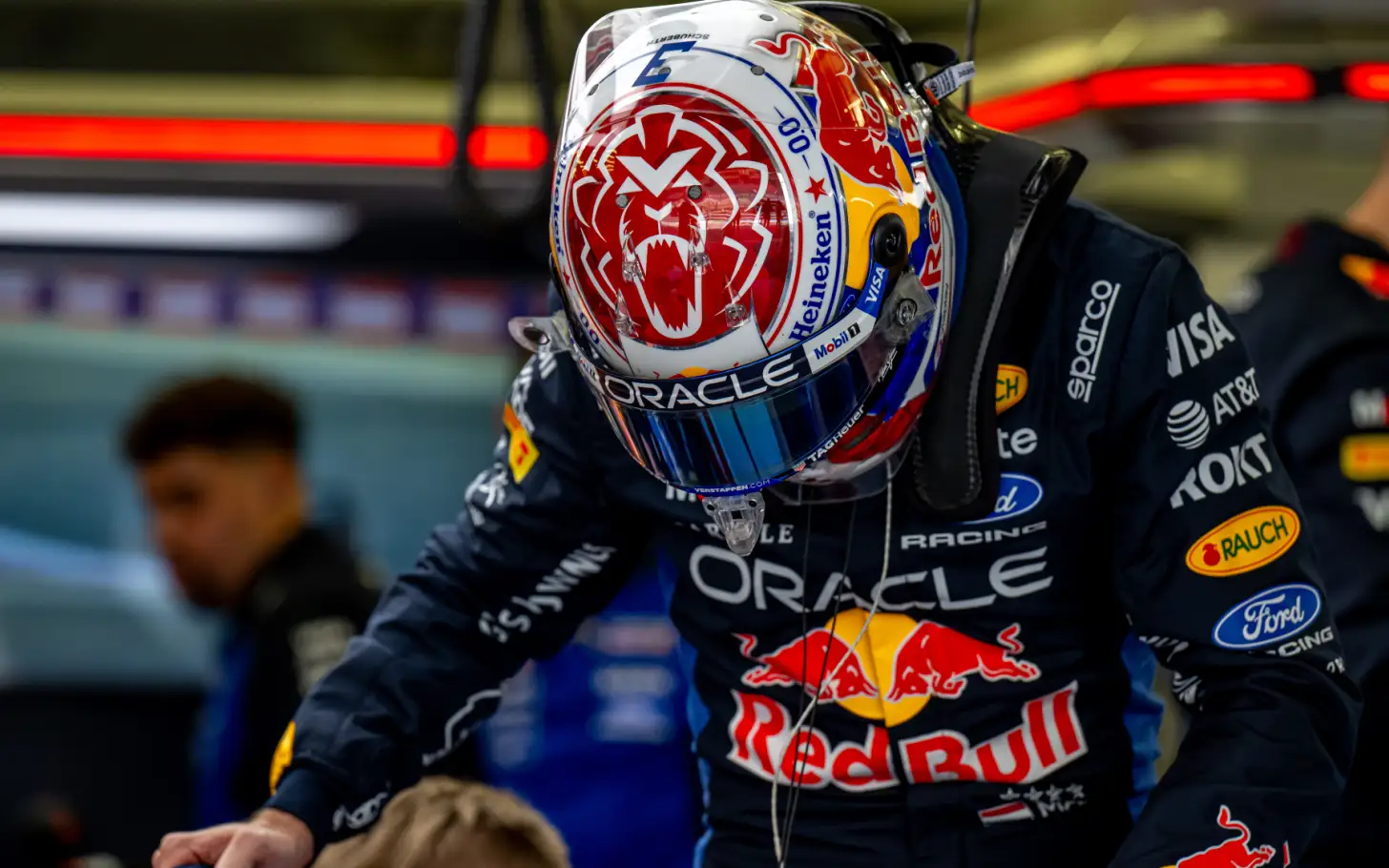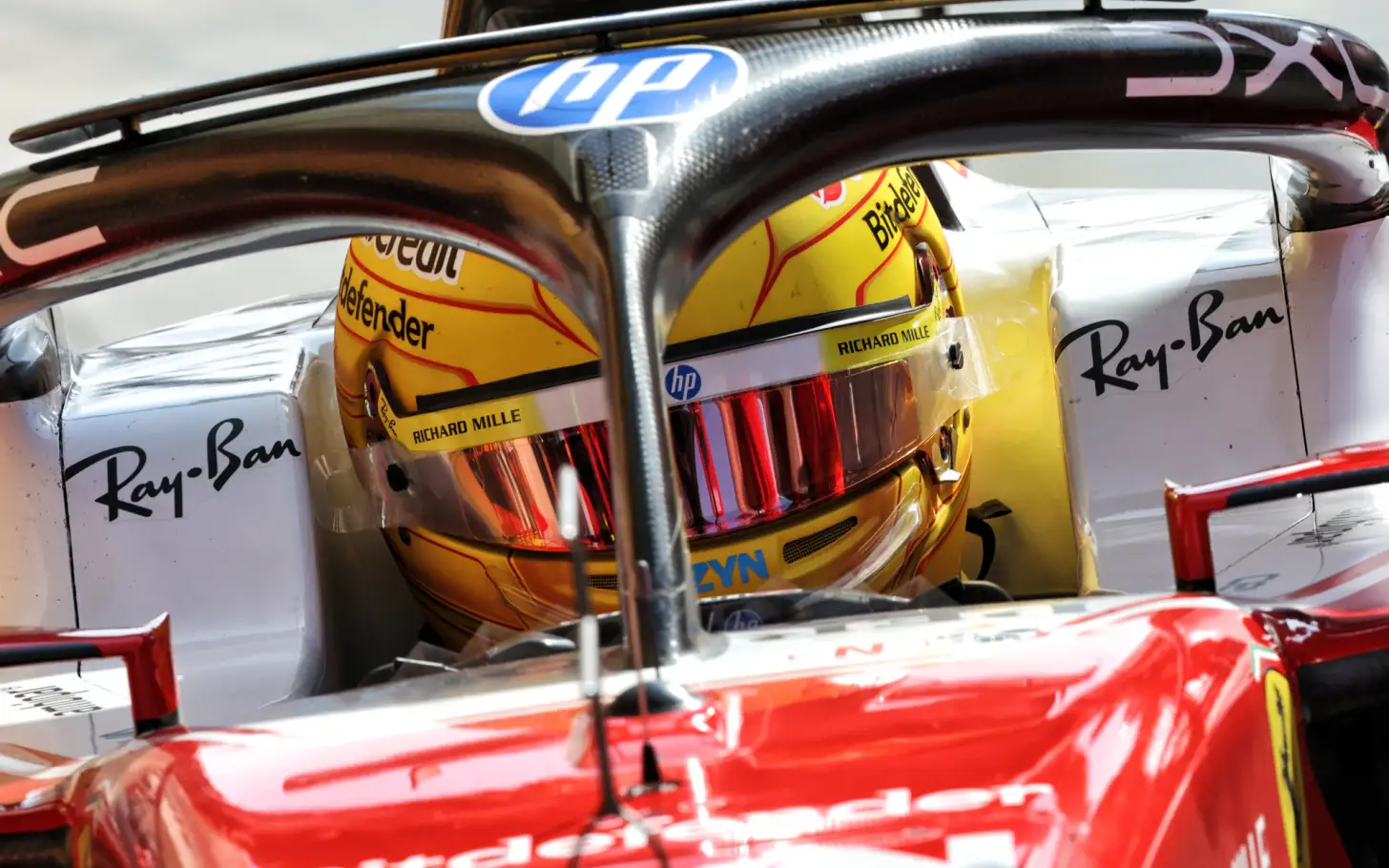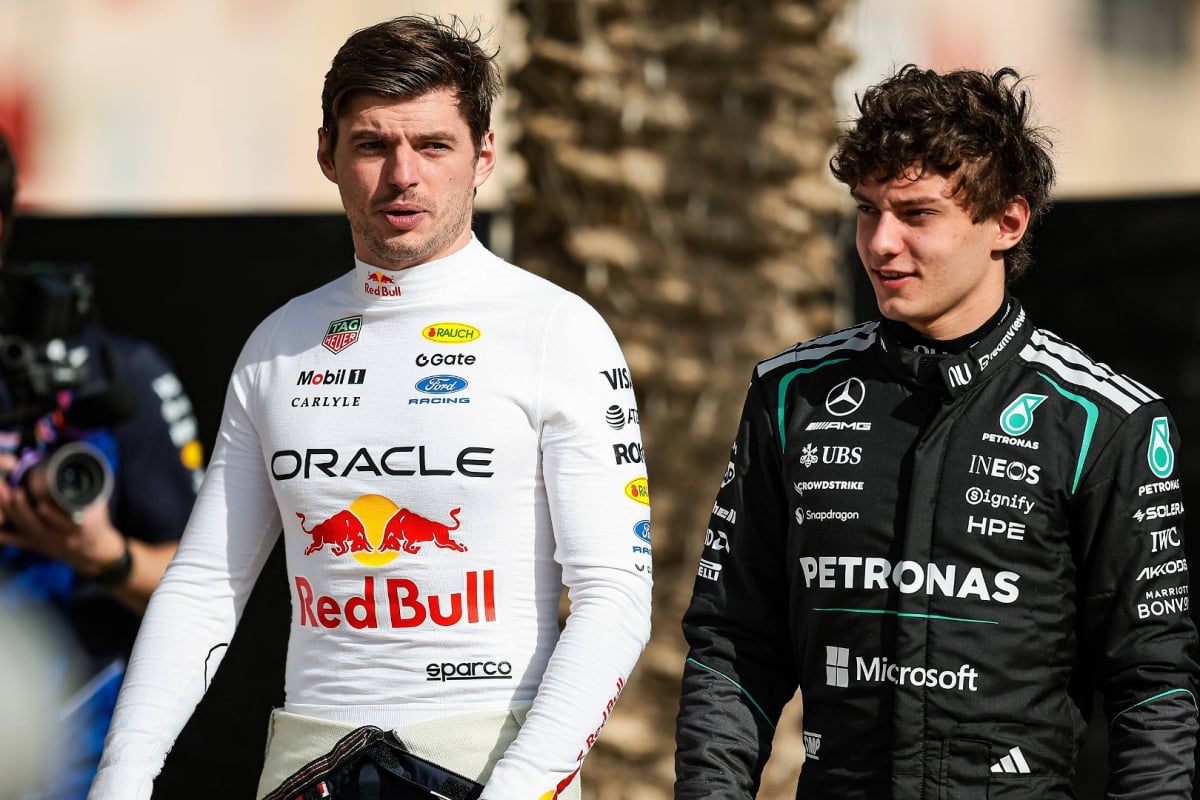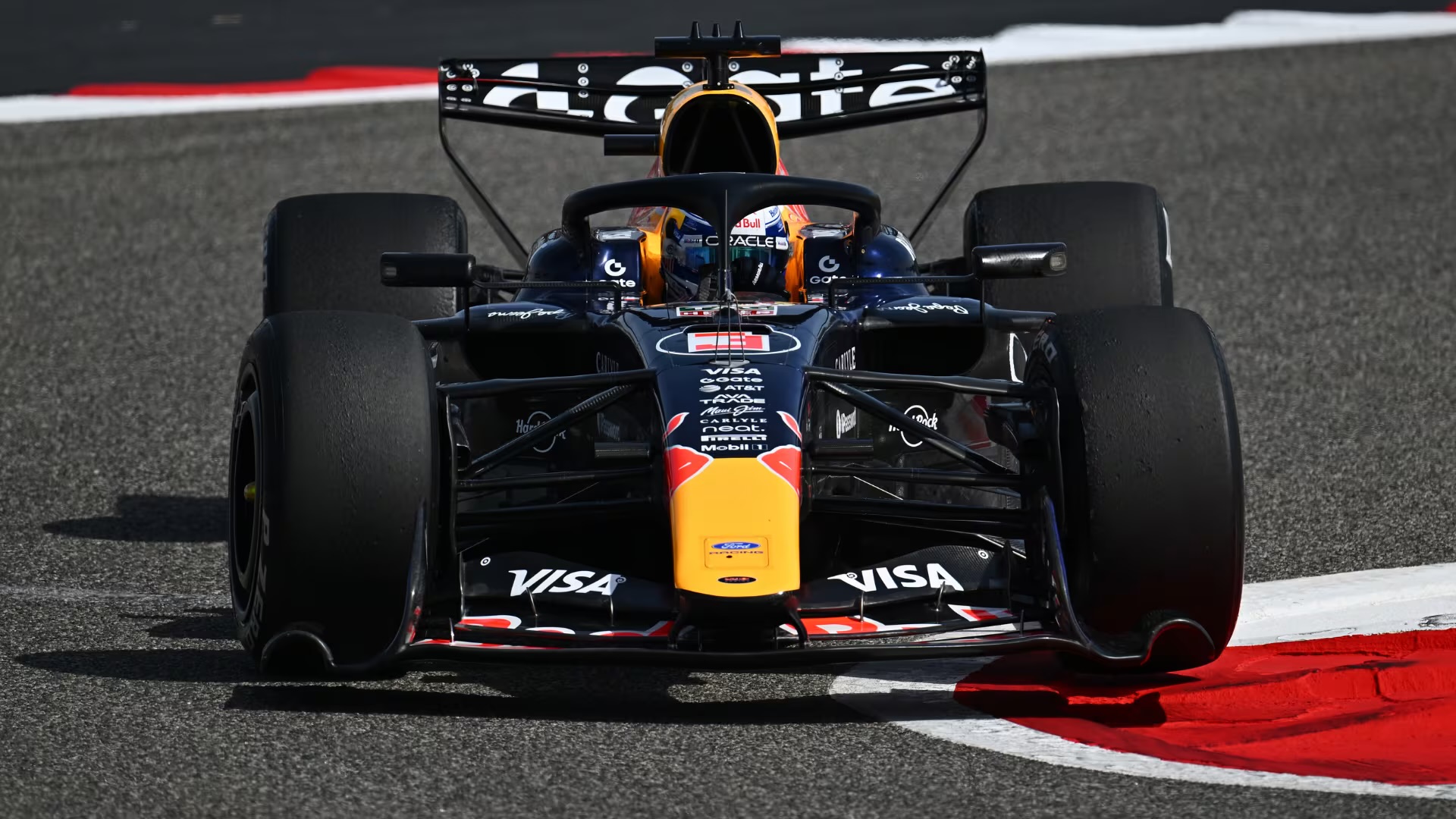FIA Considers Easing Controversial Swearing Ban After Driver Backlash
The Fédération Internationale de l’Automobile (FIA) could soon revise its controversial swearing rules, following widespread criticism and protests from drivers across multiple motorsport disciplines. FIA President Mohammed Ben Sulayem recently signaled a potential shift in stance, softening what has been, until now, a rigid and widely debated policy.
For over a year, the FIA’s strict monitoring and policing of drivers’ language—especially during official media appearances and team communications—has been the source of significant tension. Formula 1, being the most high-profile of the FIA’s world championships, saw some of the loudest opposition to the rules. One of the clearest acts of defiance came from reigning world champion Max Verstappen during the 2023 Singapore Grand Prix weekend. Instead of fully participating in the mandatory post-qualifying press conference, Verstappen gave only brief answers before moving outside to hold an informal session with the media, where he answered questions more openly.
But the backlash wasn’t limited to Formula 1. Similar demonstrations occurred in other FIA-sanctioned series, including the World Rally Championship (WRC). During the Safari Rally in Kenya, several WRC drivers staged a silent protest by either speaking only in their native languages or giving very limited responses in their post-stage interviews. These actions were a clear pushback against what drivers see as a policy that stifles emotion and spontaneity, essential elements in the heat of competition.
Until recently, Ben Sulayem had maintained a firm grip on the zero-tolerance approach, suggesting that even team radio broadcasts could be censored or stopped altogether if drivers continued to use inappropriate language. His approach was meant to uphold the FIA’s standards of professionalism and protect its public image. However, this hardline stance has increasingly isolated the FIA from its drivers and has become a PR issue of its own.
Now, the tide appears to be turning. In a surprising update posted on Instagram, Ben Sulayem acknowledged the widespread dissatisfaction and hinted at reforms. He shared a statement with the caption, “By listening to one another and working collaboratively, we continue to drive a positive future for the sport we all care so deeply about.” This is the first real indication that the FIA might loosen its grip on Appendix B of the International Sporting Code, the section that governs conduct, including language use.
In the official graphic, Ben Sulayem wrote: “Following constructive feedback from drivers across our seven FIA world championships, I am considering making improvements to Appendix B. As a former rally driver, I understand the demands they face better than most.” His statement reflects a notable shift from authority to empathy, a rare tone from the FIA president.
The swearing ban was originally introduced as part of a broader move to standardize and professionalize the image of motorsport athletes, especially for young audiences and sponsors. However, drivers argue that the intensity of racing, especially in emotionally charged moments, sometimes makes strong language an unintentional part of expressing passion or frustration.
The FIA’s willingness to reconsider the policy marks a significant moment in the ongoing tug-of-war between regulation and driver autonomy. The broader implication of this move could influence how the FIA approaches other controversial areas of driver conduct and communication in the future.
Should the rule be revised or relaxed, it may also restore some goodwill between the FIA and the drivers—many of whom have felt increasingly alienated by recent governance decisions. For now, the motorsport world awaits a formal update on what exactly the changes to Appendix B will entail. But for the first time in over a year, there is genuine hope that a middle ground might finally be reached between authority and athlete expression.
